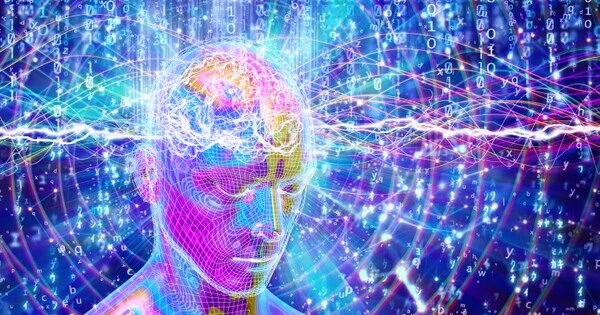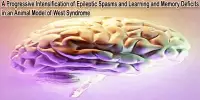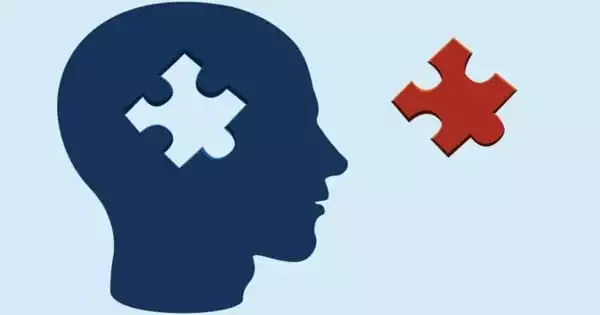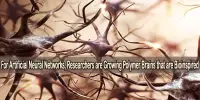Unconscious cognition refers to mental processes and actions that occur without conscious awareness or intention. It is the processing of perception, memory, learning, thought, and language without being conscious of it. While conscious cognition encompasses ideas, perceptions, and mental activities that we are aware of and can control, unconscious cognition functions beneath the surface of our consciousness.
The function of the unconscious mind in decision-making is a hotly discussed topic among neuroscientists, linguists, philosophers, and psychologists all around the world. Though the actual level of engagement of the unconscious brain during a cognitive process is still debatable, the fact that the unconscious brain does play a role in cognitive activity is apparent.
Several experiments and well-documented occurrences, such as the illusion-of-truth effect, attest to this. Several research has also suggested that when there are multiple variables to consider, the unconscious mind may be better at decision-making than the conscious mind.
Several aspects of cognition can take place unconsciously, including:
- Perception: Unconscious processes influence how we view and understand the world around us. Certain visual and aural cues, for example, can be processed unconsciously before we become consciously aware of them.
- Memory: Unconsciously, memories can be encoded and stored. This is obvious in cases of implicit memory, in which people exhibit evidence of remembering knowledge without consciously attempting to recollect it. Procedural memories, such as those associated with biking or typing, are frequently produced and executed unintentionally.
- Problem-solving: Unconsciously, the mind can solve issues and make judgments. Solutions or insights to problems can appear out of nowhere at times, indicating that the unconscious mind has been processing information in the background.
- Emotional processing: Unconscious processes also contribute to emotional experiences and reactions. Emotions can be triggered unconsciously, influencing our behavior and decisions without us realizing it.
- Learning: Some forms of learning, particularly in the early stages, can occur unconsciously. This is often observed in the acquisition of motor skills or the development of certain cognitive abilities.
Cognitive psychology and neuroscience research has shed light on the mechanics and functions of unconscious cognition. Priming, subliminal perception, and neuroimaging have all been used to investigate how the brain processes information outside of conscious consciousness.
The concept of unconscious cognition has significance in many domains, including psychology, neurology, and artificial intelligence. Understanding how conscious and unconscious processes interact can offer light on many aspects of human behavior and cognition.
















